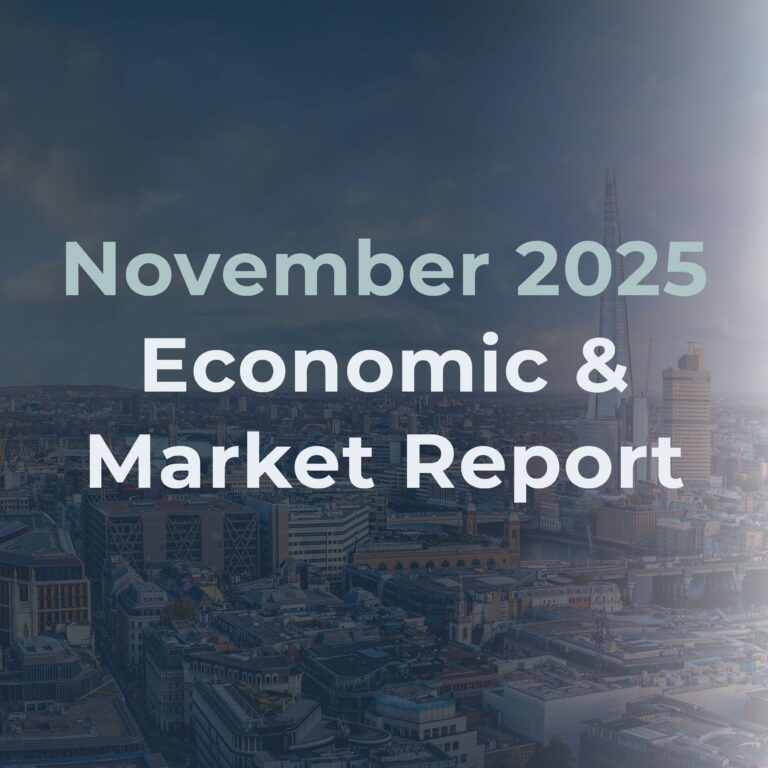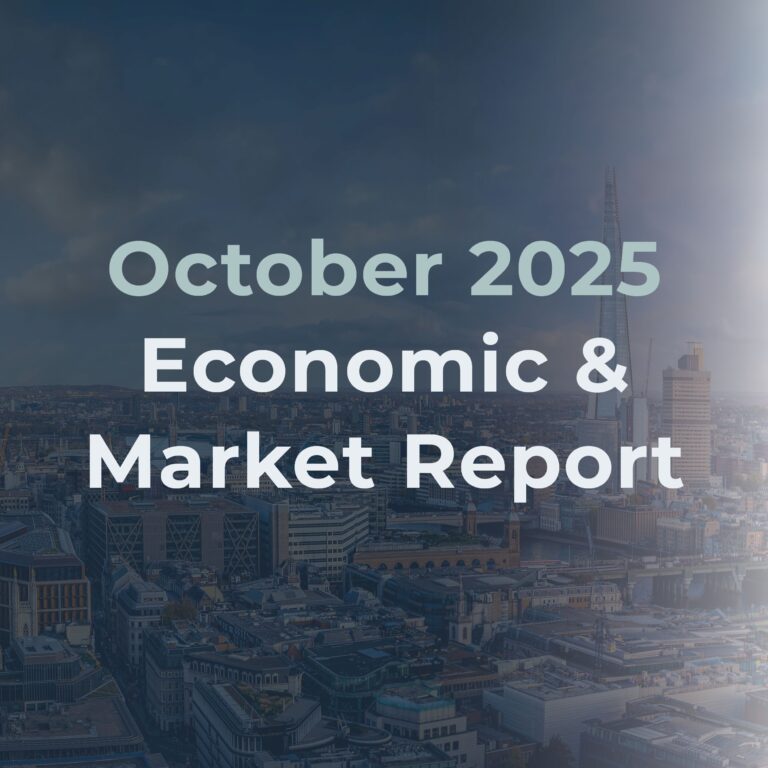Market Insight
Fund Manager Departures – The Same Story Every Time
This Article was Written by: Rory Maguire - Fundhouse
Fund managers, Market Insights
As one may suspect, we are often among the first companies called by an investment business when a fund manager leaves their organisation. And, maybe unsurprisingly, we are usually told the same thing: “The fund manager wasn’t that important, and the team remaining behind was responsible for all the work.
The investment decisions were made as a team, and the investment process was robust and absorbed by everyone in equal measure.” This defensive message may be intended to protect the fund management business, but we believe it has the opposite effect.
Allow us to describe a test case in the following passage: Six months ago, we performed an annual due diligence on a fund we rate positively. It was, like every year, with the named fund manager who had 15 years of experience and had been running the fund as the named manager since its inception seven years ago. The surrounding team was less experienced but was reasonably large and increased in experience each year. Over the years, we had also spent time with the wider team, but to a much lesser extent. Last month, we were told that the named fund manager had resigned. As expected, we were informed that the process was very team-based; the team were primarily responsible for the investment decisions, and he was engaged in more of a management and client-facing role. This was one of five similar emails received in the last year.
What sort of response would we have preferred? Maybe something like this: “We are disappointed that XX has left to join a competitor. He was an excellent fund manager and will be sorely missed. He was instrumental in setting up the team, and we can only thank him for all he has done. Unfortunately, he was made head of XX at the new firm, something we could not offer him here. We urge you to speak to him, and we can help set this up. We will do all we can to objectively show you what he did and what he was responsible for (the key decisions he made or helped make), and we will also let you know our plans to fill the large shoes he has left behind. Hopefully, you will have all the facts to decide whether your clients should stay invested. For what it’s worth, we believe that the wider team is excellent and actively involved in the key investment decisions, and we hope to give you evidence of that when we meet.”
Why admit how good he/she was and open yourself up to clients speaking to the manager? Because it builds trust. It tells us that the business has nothing to hide and will answer our questions openly and transparently, even if it appears to go against its commercial interests. From our perspective, building trust is the overriding factor in many cases. The truth eventually comes out, and trust can be permanently impaired if it is at odds with what we were told. Equally, when we receive a defensive corporate answer, we can no longer engage in the discussion because the corporate line is all that is offered to us. As a result, we have little option but to disengage and attempt to make up our own minds, with less evidence to hand than would be ideal. In this scenario, less evidence means we must err on the side of caution, which likely equates to a negative rating on the fund. Most importantly, such actions strongly convey the firm’s culture; good companies usually thank people who leave and don’t reduce their contribution after they have left.
Speak to the team: mps@fundhouse.co.uk
Fundhouse is the trading name of Fundhouse Bespoke Limited. Fundhouse provides investment management services to professional clients and does not provide financial advice. Importantly, this note does not represent investment advice, and any reader should always speak to their financial adviser before making any investment decisions. Please note that the value of any investment may go down as well as up, and you may lose capital when investing, and the value of your investments may not always increase. Please ensure that you are comfortable bearing financial losses and that you are comfortable taking a long-term investment view of five years or more.










